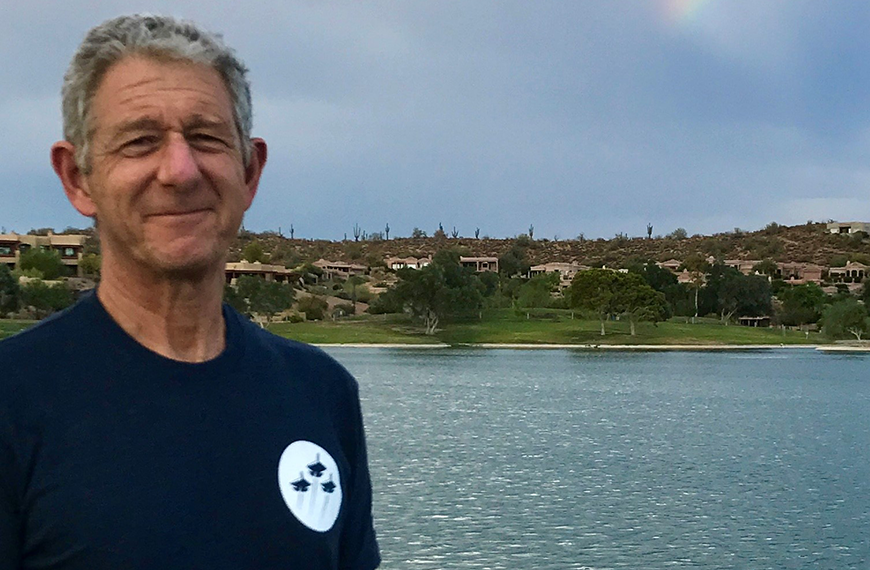Category - Physician Careers

2024 cardiologist salary report: Small but steady growth
July 24th, 2024 The 2024 cardiologist salary report indicated small but steady growth in compensation, resulting in about half feeling underpaid.
2024 anesthesiologist salary report: Salaries grow, but many don’t feel fairly compensated
July 23rd, 2024 Anesthesiologists’ salaries continued to rise over the past year, but nearly half of these specialists still feel underpaid.
2024 physician salary report: Incomes increase, but many remain unsatisfied
July 1st, 2024 Medscape's 2024 physician salary report shows that income has increased, but only half of doctors are satisfied with their pay.
How to build a medical career that works for you
June 11th, 2024 A neurologist shares his thoughts on how locum tenens allows you to build a medical career that suits your needs.